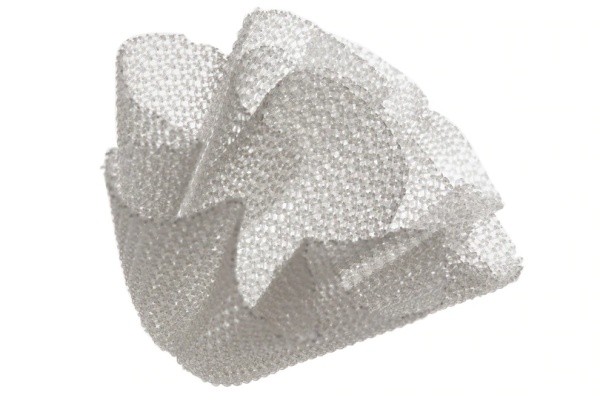
Although rare, mesh-related complications can happen, leading to debilitating conditions such as chronic pain, mesh infection or enterocutaneous fistulas. These are related to the type of mesh material previously used, surgical technique employed, and mesh relationship with other anatomical structures (e.g., nerves or intrabdominal organs). Mesh removal is necessary in most cases and robotic surgical techniques can be employed in select patients.
- Mesh folding: some stiffer synthetic mesh materials may fold from the edges during the scarring process, leading to recurrence of the hernia or formation of a mesh conglomerate (meshoma), often associated with pain or foreign-body sensation by the patients.
- Mesh infection: these are rare instances, as hernia repairs are generally operations performed in a clean field (no bowel work). However, mesh infections may happen even years after the original repair. Occasionally, mesh may erode into loops of intestine leading to development of enterocutaneous fistulas. Treatment of these complications require extensive experience, patient optimization and careful surgical technique.
